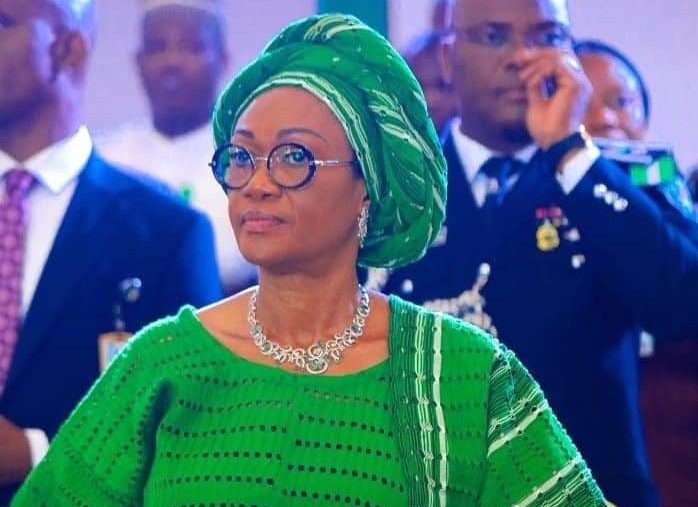At the recent opening ceremony of the International Conference of the African Biblical Leadership Initiative (ABLI) in Abuja, Nigeria’s First Lady, Senator Oluremi Tinubu, delivered a poignant message urging religious leaders to shift their focus from cursing government officials to advocating for prayer and counsel. Represented by Princess Gloria Akobundu, the National Coordinator of the New Partnership for Africa’s Development, Tinubu expressed her concerns regarding the myriad challenges faced by leadership in Africa today. She emphasized the role of religious leaders in promoting peace and constructive dialogue rather than condemnation, underlining that their responsibilities include fostering an environment of encouragement for those in power. She reminded attendees that divine purpose can manifest through any individual and that attributing perfection to oneself is a form of hubris.
The four-day conference, themed “Value-based leadership model for Africa,” attracted a diverse audience of African and European leaders, alongside distinguished global Christian figures. Advocating for a leadership model inspired by Christ, Tinubu articulated the necessity for leaders to embody values such as justice, integrity, wisdom, and social harmony. By instituting such a model, she posited that leaders could address the pressing obstacles currently obstructing Africa’s progress. Her call to action was a reminder that national leaders should not only be held accountable but also be supported through prayer and moral guidance.
In conjunction with Tinubu’s remarks, Daniel Okoh, the President of the Christian Association of Nigeria (CAN), underscored the critical need for authentic leadership rooted in service and ethical principles. He reiterated that leadership is not a mere authoritative position but rather a divine calling requiring a commitment to integrity and purpose. Through scriptural references, Okoh emphasized the importance of aligning one’s thoughts and actions with the higher principles of truth, an essential factor given Africa’s rich diversity and potential. He encouraged leaders to serve as role models and make decisions that reflect their spiritual and moral beliefs effectively.
Okoh advocated for leaders who exemplify biblical values, especially during times marked by economic uncertainties, social injustices, and escalating conflicts. He highlighted that these challenges can undermine unity and progress on the continent. Acknowledging the complexity of the issues at hand, he maintained that effective leadership must be rooted in love and unity. The commitment to scriptural principles, which focus on noble and pure actions, is essential for significant community upliftment and national development.
The discourse at the conference reflected a growing recognition among African leaders about the significance of spiritual and ethical foundations in governance. The emphasis on value-based leadership comes at a crucial time when Africa grapples with various crises. Attendees immersed themselves in discussions concerning the diverse challenges facing the continent and the strategies required to address them deeply and thoughtfully. By integrating spiritual teachings into leadership practices, these discussions aimed at forging a path toward a more ethically driven, cohesive, and resilient African society.
Overall, Tinubu and Okoh’s messages resonated with the need for a paradigm shift in how religious leaders engage with governance and leadership. By advocating for prayer and constructive dialogue over denunciation, they set a tone that calls for compassion and understanding in leadership. As the ABLI conference unfolds, it seeks to empower leaders with the tools necessary to navigate Africa’s complex landscape, encouraging a renaissance of values-based leadership that aligns with Christ’s teachings, thereby charting a hopeful course for the continent’s future.


